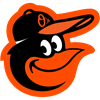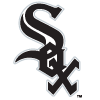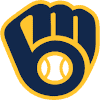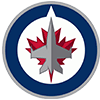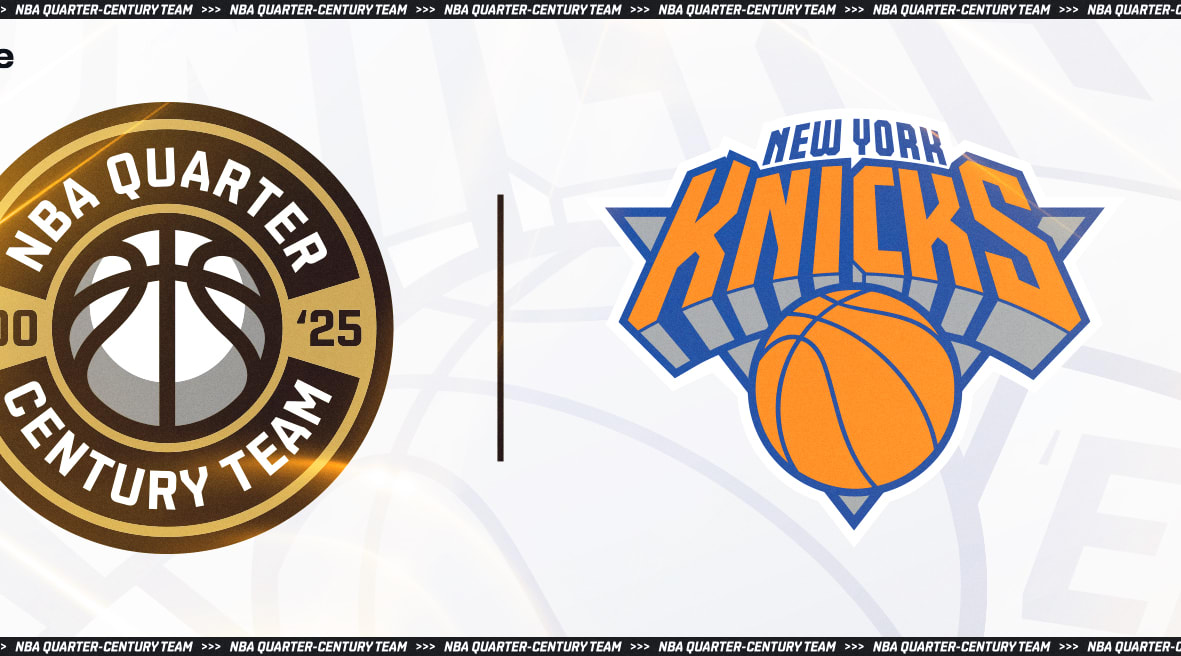Although in my current faculty position, I spend more time teaching courses than doing research, I still primarily consider myself a scientist. When I am doing research full time, I always try to have several projects going at the same time. Not only does this allow me to make progress on several fronts at once, it helps save my sanity. Experimental research is full of failure and disappointment. It's also exciting and rewarding, but trust me, the failures outnumber the successes by quite a bit. By running several projects at once, I'm able to shift my primary focus from one that isn't going well to one that's running smoothly. Keep moving forward and keep a good attitude.
When I write this weekly strategy article for daily NBA games, I typically either want to answer a specific question with actual data or address a general philosophical aspect of DFS. Today it's the latter. I want to talk about losing. It's part of the game, guys. Everyone loses. I lose. You lose. Condia loses. It happens, so we might as well think about how to handle it.
I recently had a nasty losing streak on one of the sites I play on regularly. One of my worst ever, to the point where I considered just quitting that site. I was so frustrated! Understand, I play DFS for fun, for the challenge, and usually, for a small profit. I still hate to lose. Everyone does, right? I've written previously about how we, as humans, make decisions more to avoid regret than to achieve certain outcomes. We sometimes play not to lose rather than play to win.
Loss is both physically and emotionally painful. The loss of a loved one and the loss of a game share similar substrates in our brains and bodies, though the intensity obviously varies. The discomfort we feel comes partly from a mismatch between what we thought or believed and reality. We thought someone would be with us forever. We thought we would win. When we lose a game, a part of our personal investment is gone through the effort and time we devoted to the game.
The part of the brain that processes emotion is called the amygdala, and it's part of the anciently conserved limbic system. Negative emotions in particular are amplified via activity in the amygdala. Functional magnetic resonance imaging (fMRI) studies have shown that activity in the amygdala can be modified, and decreased, by activity in the pre-frontal cortex, a much newer part of the brain evolutionarily. The pre-frontal cortex is important for what we call executive functions such as strategizing, predicting outcomes, attention, and decision making. It's likely that the degree to which people feel emotions is related to the strength of the connection between their pre-frontal cortex and their amygdala, with stronger connections leading to less emotional expression. So losing is painful, but perhaps that pain can be mitigated by practicing logical thinking and analysis.
We can think about two strategies to deal with the inevitability of DFS losses. The first is to limit losses using a preventative approach, while the second is to learn from them. The key to preventing devastating losses is diversification (and bankroll management, of course). Each night, you should play in a variety of games, with one or multiple lineups. Personally, I expect to not cash in GPPs more frequently than I expect to lose my h2h or double up games. These cash games net me a small profit and cover the entries to the GPPs. When my GPP lineups hit, I win a little extra. Using more than one lineup, especially on a night with a lot of games, is another way to diversify. You can also play on more than one site.
My recent losing streak on one site lasted 11 days. 11 days of losing more games than I won. On another site, though, I was doing fine. After a couple of days losing on site 1, I shifted the bulk of my games to site 2. So for example, instead of playing 10 contests on each site, I played two and 18. In essence, this is basically what I do with my research projects. When one experiment isn't working, I focus more of my energy and time on one that is. The first one is always there when I'm ready to approach it again with fresh eyes and hands. When the tide turns, you can bring your normal volume back to site 1, too.
A lot of people find it intimidating when they start playing daily NBA to play on a bunch of sites at once. The salaries are different, the scoring is different, the lineup construction varies (number of players and positions used, as well as player eligibility). All of these factors have to be taken into account when setting the most optimal lineups at each site. It's another layer of research to undertake. If you're playing only one site and hit a skid, you can still mix it up. Most sites now have a greater variety of games than ever. Try the multi-match h2h games, in which you pay one entry fee, say $5, for 20 h2h contests. It's essentially 20 $0.25 contests in one. You have a good chance of cashing in some of them. There are also new live draft games on a few sites. In these, you won't have any overlap with your opponent, which will require you to be very value savvy! Try the games where you pick from tiers, or pick five guys (payout depends on how many you pick right). I suggest you still play a low volume of your usual games, but trying something new can help you see the game in a new light and bounce you out of the funk.
Learning from your mistakes is something we've heard since we were little kids. Yeah, yeah, you say. Losing sucks, no doubt about it, but figuring out why you lost is part of being a successful DFS player. Looking back over my lineups, which didn't lose every contest but netted me a loss each day during the stretch, two things stand out. The first is studs not reaching value. Over this period, I endured Steph Curry 35 and 40 FPT games, a Kevin Love 22 FPT game, a Kevin Durant 40 FPT game (yes, this is a dud when he is >20% of your cap), a Paul George 15 FPT game, and two Kyrie Irving games with less than 25 FPTs. There was a terrible game each from Brandon Jennings (18 FPTs), Ricky Rubio (19 FPTs), Zach Randolph (nine FPTs), Tyson Chandler (0.5 FPTs) and Josh Smith (six FPTs) as well.
The second thing is more on me. I wasn't as careful with my value choices in some of these lineups. I used true fliers like Lavoy Allen or Gustavo Ayon, who had no business being in any fantasy lineup. Some, like Francisco Garcia, Courtney Lee, or Terrence Ross, were backed with solid reasoning and just failed to perform, but the others were my lack of diligence. You should never use a player without a sound rationale, and price alone is not a sound rationale. It's OK to pray for wide-open shots, one more rebound, or especially overtime for your guys, but you don't want to be praying, while still setting your rosters. When you pair a poorly chosen Scrub with an underperforming Stud, you have zero chance to cash anything.
Lessons? As I wrote last week, don't start studs in potential blowouts, keep working your lineup until you absolutely believe in a solid projection from each player, and don't give up. Losing hurts, but it is going to happen. If you know the NBA, do daily research, read our cheat sheets, and put the time into your lineups, you'll start winning again. Don't let self doubt creep in, don't be lazy, and don't take responsibility for those events you can't control, i.e. Chandler's respiratory illness that struck him 90 seconds into the game and no one knew anything about beforehand. Do learn from your mistakes, and take responsibility for what you can change. Knowing and accepting ahead of time that you will sometimes not prevail gives your pre-frontal cortex a head start on reasoning through why and how to improve next time, which effectively tunes out your loss-related grief soundtrack.







